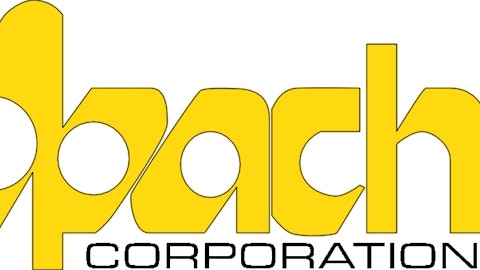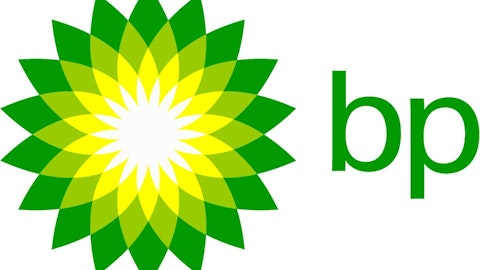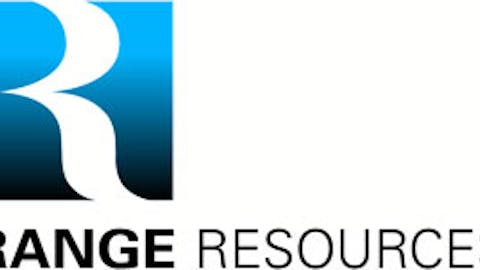
Gas shifting to oil
These positive results contrast with other company operations. Of note, Devon Energy Corp (NYSE:DVN)’s foray into Utica shale gas produced virtually nothing and the company wisely moved on. Others note Devon Energy Corp (NYSE:DVN)’s track record for converting untapped reserves into oil for sale underwhelms. Also underwhelming is Devon Energy Corp (NYSE:DVN)’s plans to create a master limited partnership from its midstream operations. As reported by Reuters, the announcement produced yawns from Wall Street. Throw in declining quarterly earnings growth and $12 billion in debt versus $6.5 billion in cash, and it’s no wonder Devon Energy Corp (NYSE:DVN)’s stock currently trades near its five years lows.
The company’s latest presentation forecasts a rosy future of increased production, decreased costs and growing profits.
Which raises the question: Why are insiders selling and not buying? For starters, Range’s capital expenditures exceed cash flow and thus will require some combination of debt or asset sales to fund. Further, Range also depends heavily on natural gas sales and prices remain under pressure. Lastly, while revenues climbed over the past three years, earnings oscillated between profits and losses. None of these bode well for the company.
A turnaround in the making?
An unquestionable oil producer active in the Cline is Apache Corporation (NYSE:APA). Apache Corporation (NYSE:APA) decided that the good ol’ US of A represents a better land to invest in than, I suppose, Argentina. So Apache Corporation (NYSE:APA) has begun identifying and selling $4 billion in assets to repay debt, repurchase shares and “enhance financial flexibility.” I suspect this means improving their ability to develop assets in the Cline and other US plays. One foreign asset not likely going anywhere is Egypt, which produced $1.5 billion in excess cash for the company this past year.
Right now, Apache Corporation (NYSE:APA) produces oil from 13 drilling rigs in the Cline with more exploration on the horizon. For the rest of 2013, Apache Corporation (NYSE:APA) plans on drilling 28 additional wells to tap into an estimated 642 MMboe of hydrocarbons. The company also plans on adding more Cline acres to its portfolio. All of this adds to Apache Corporation (NYSE:APA)’s increasing production from the greater Permian Basin.
So why is Apache selling near its 5-year lows? I suspect two reasons. First, uncertainty in Egypt. There are no reported production interruptions despite the turmoil, and I suspect Egyptians of all political stripes know they need oil revenue; still, political instability never plays well on Wall Street. Second, disappointing earnings. Despite increased production and reserves, earnings dropped in 2012 relative to 2011. This resulted in cuts in executive compensation. Was this a pre-emptive strike against activist shareholders emboldened by developments at Chesapeake Energy Corporation (NYSE:CHK) and SandRidge Energy Inc. (NYSE:SD)? Perhaps, but at least management felt some accountability. Let’s hope the pay cuts will spur improved earnings.
Final Foolish Thoughts
Of the three companies outlined here, I like Apache the best. This company looks beaten down by past poor performance and uncertainty in Egypt. If management executes its planned asset sales and oil production continues to climb, I believe improved earnings will follow. Similarly, Egypt is experiencing turmoil, but the country needs money and Egyptians know it. I suspect no one there wants to hurt the oil industry, especially with new finds that could further help the country. Add the company’s plans to reduce debt and repurchase shares and Apache stock looks good for the future.
The article Another Big Texas Oil Play? originally appeared on Fool.com and is written by Robert Zimmerman.
Robert Zimmerman has no position in any stocks mentioned. The Motley Fool recommends Range Resources. The Motley Fool owns shares of Apache and Devon Energy. Robert is a member of The Motley Fool Blog Network — entries represent the personal opinion of the blogger and are not formally edited.
Copyright © 1995 – 2013 The Motley Fool, LLC. All rights reserved. The Motley Fool has a disclosure policy.





